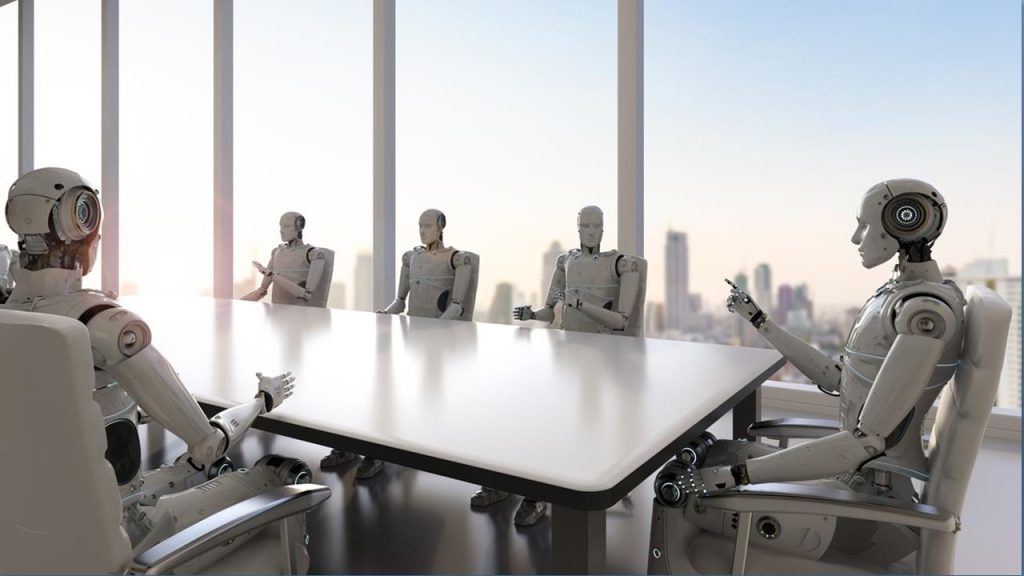In the rapidly evolving landscape of the modern workplace, artificial intelligence (AI) and automation are becoming increasingly integral. These technologies are not just tools for efficiency; they are reshaping the way we think about work, productivity, and career development. From streamlining administrative tasks to enhancing decision-making processes, AI and automation are paving the way for a more dynamic and efficient work environment.
The Role of AI in the Workplace
AI has the potential to revolutionize various aspects of the workplace. For instance, AI-driven tools can automate repetitive tasks, freeing up employees to focus on more creative and strategic work. In customer service, AI chatbots can handle routine inquiries, providing instant responses and improving customer satisfaction. In healthcare, AI algorithms can assist in diagnosing diseases and developing personalized treatment plans.
One of the most promising applications of AI is in human resources. AI can help in screening resumes, conducting initial interviews, and even predicting employee performance. A resume generator, for example, can use AI to create tailored resumes that highlight the most relevant skills and experiences for a specific job opening. This not only saves time but also ensures that the best candidates are identified quickly.
Automation and Efficiency
Automation is another key player in the future of work. Automated systems can handle a wide range of tasks, from data entry to inventory management. In manufacturing, automation can increase production speed and reduce errors, leading to higher quality products. In logistics, automated systems can optimize routes and improve delivery times.
However, the benefits of automation extend beyond just efficiency. Automation can also enhance safety in the workplace. For example, automated machinery can handle hazardous materials or perform tasks in dangerous environments, reducing the risk of injury to human workers.
The Human Touch
While AI and automation offer numerous advantages, it’s important to remember the value of the human touch. Certain tasks, such as complex problem-solving, creative thinking, and emotional intelligence, are still best handled by humans. The future of work is likely to be a blend of AI, automation, and human expertise, where each complements the other.
Moreover, the integration of AI and automation requires a skilled workforce that understands these technologies. This means that education and training programs need to adapt to prepare workers for the jobs of the future. Employees will need to develop new skills, such as data analysis, machine learning, and cybersecurity, to thrive in an AI-driven workplace.
Ethical Considerations
As AI and automation become more prevalent, ethical considerations become increasingly important. Issues such as data privacy, job displacement, and algorithmic bias need to be addressed to ensure that these technologies are used responsibly. Companies must implement robust ethical frameworks to guide the development and deployment of AI and automated systems.
Conclusion
The future of work is exciting and full of potential. AI and automation are not just tools for efficiency; they are catalysts for innovation and growth. By embracing these technologies and preparing for the changes they bring, we can create a more dynamic, efficient, and inclusive workplace. The key is to strike a balance between technological advancement and the human touch, ensuring that both are valued and utilized to their fullest potential.

